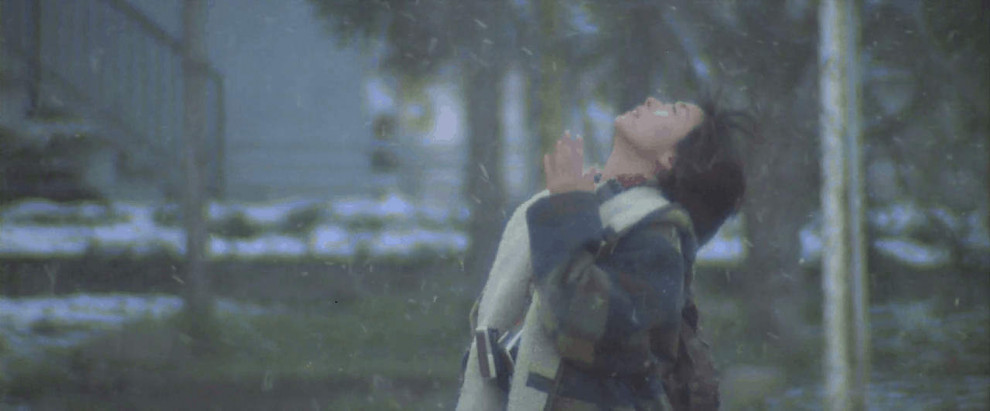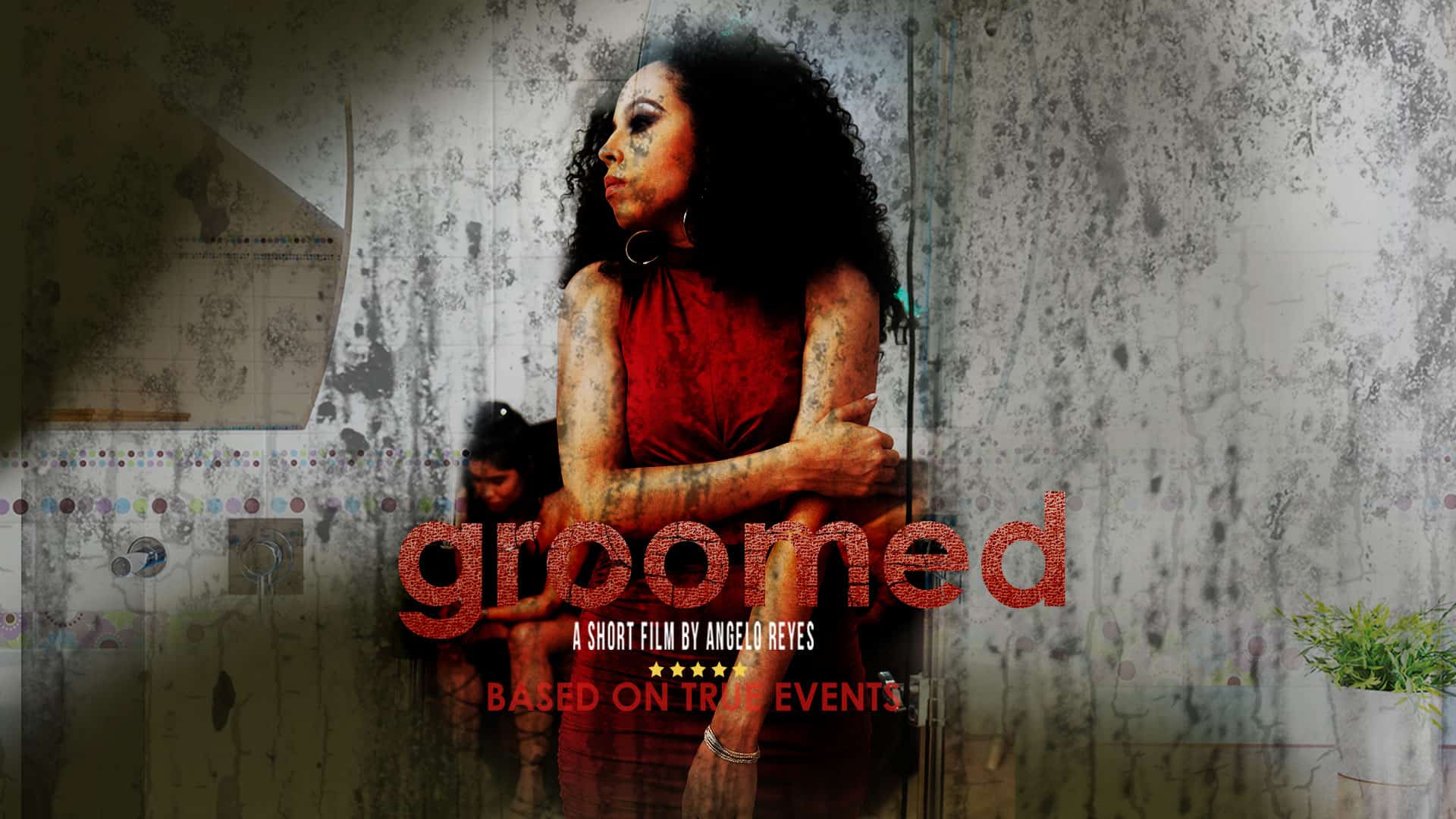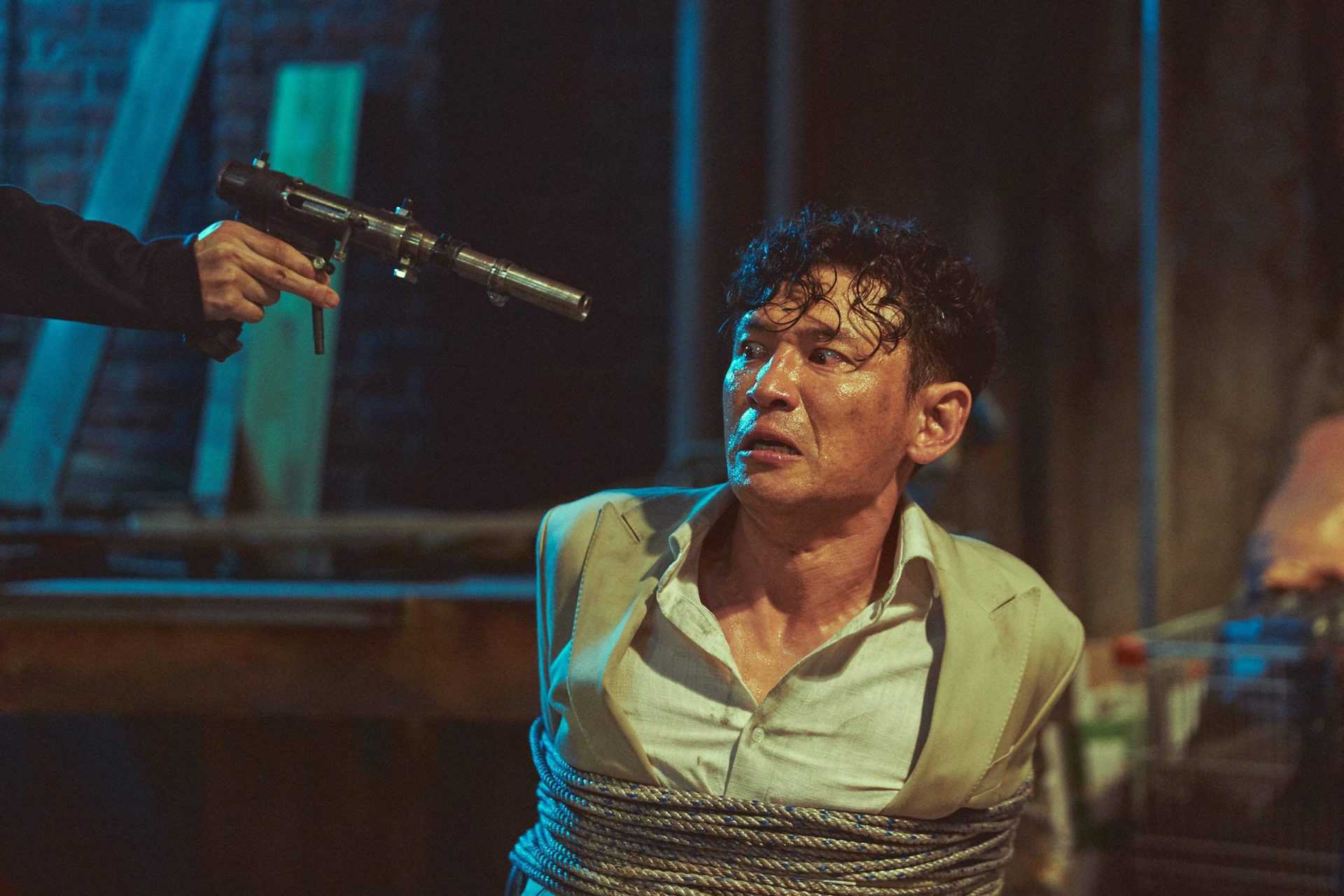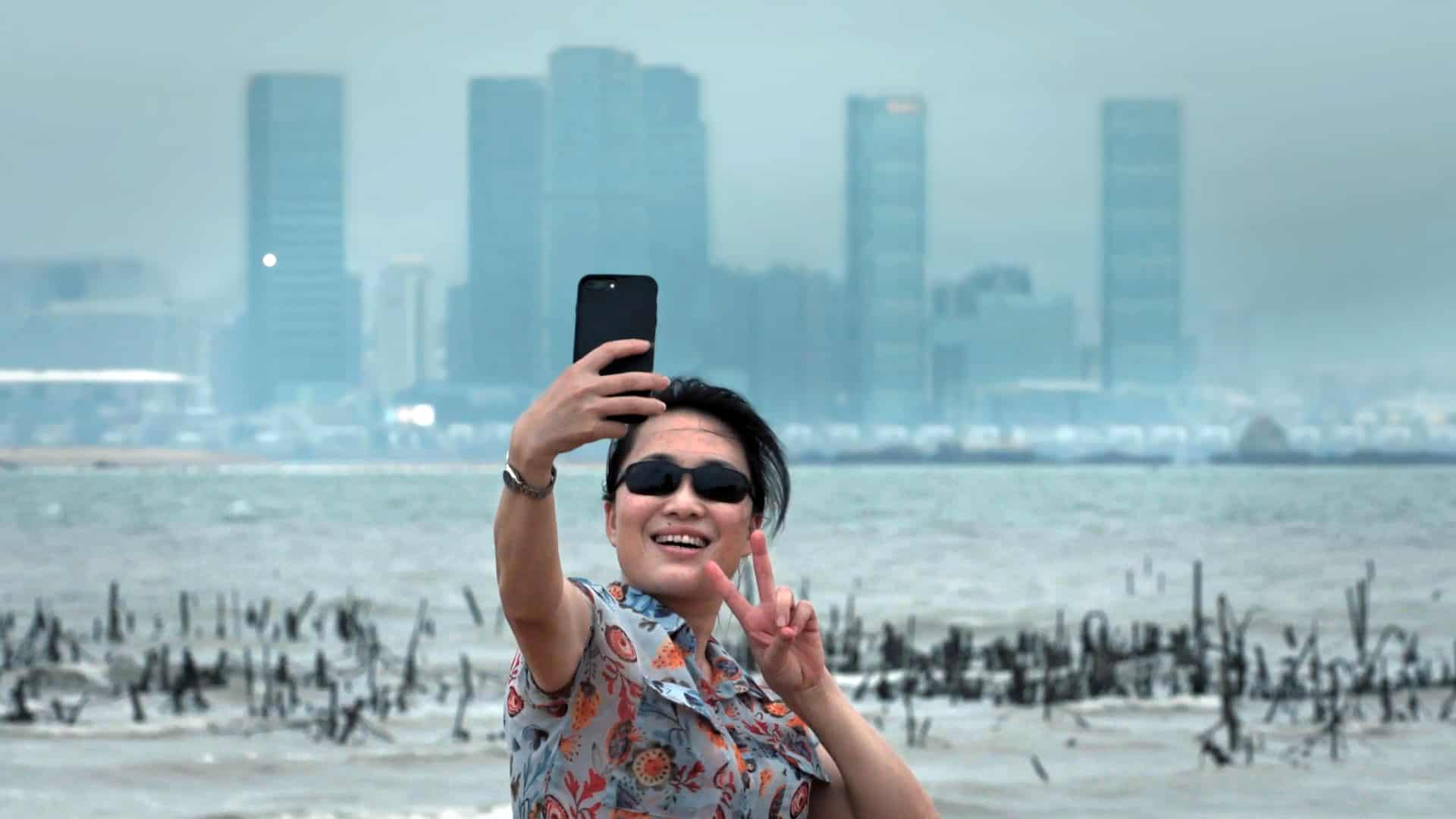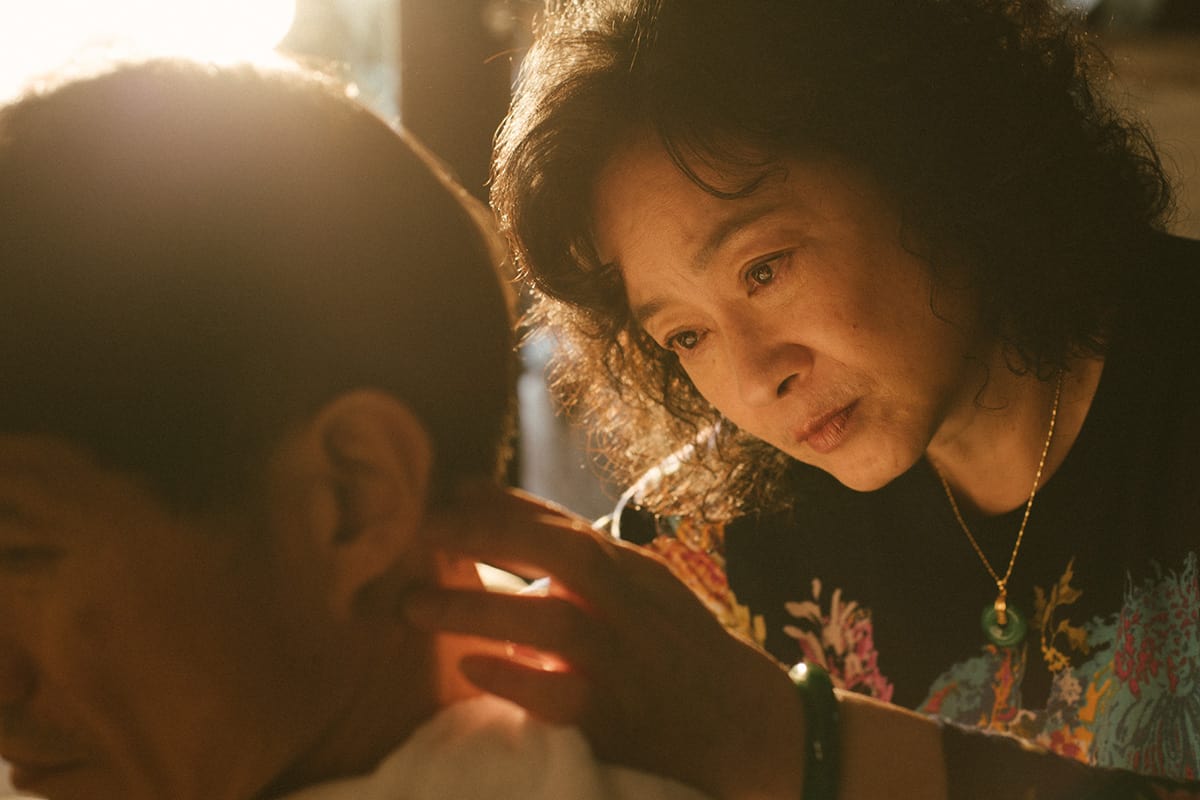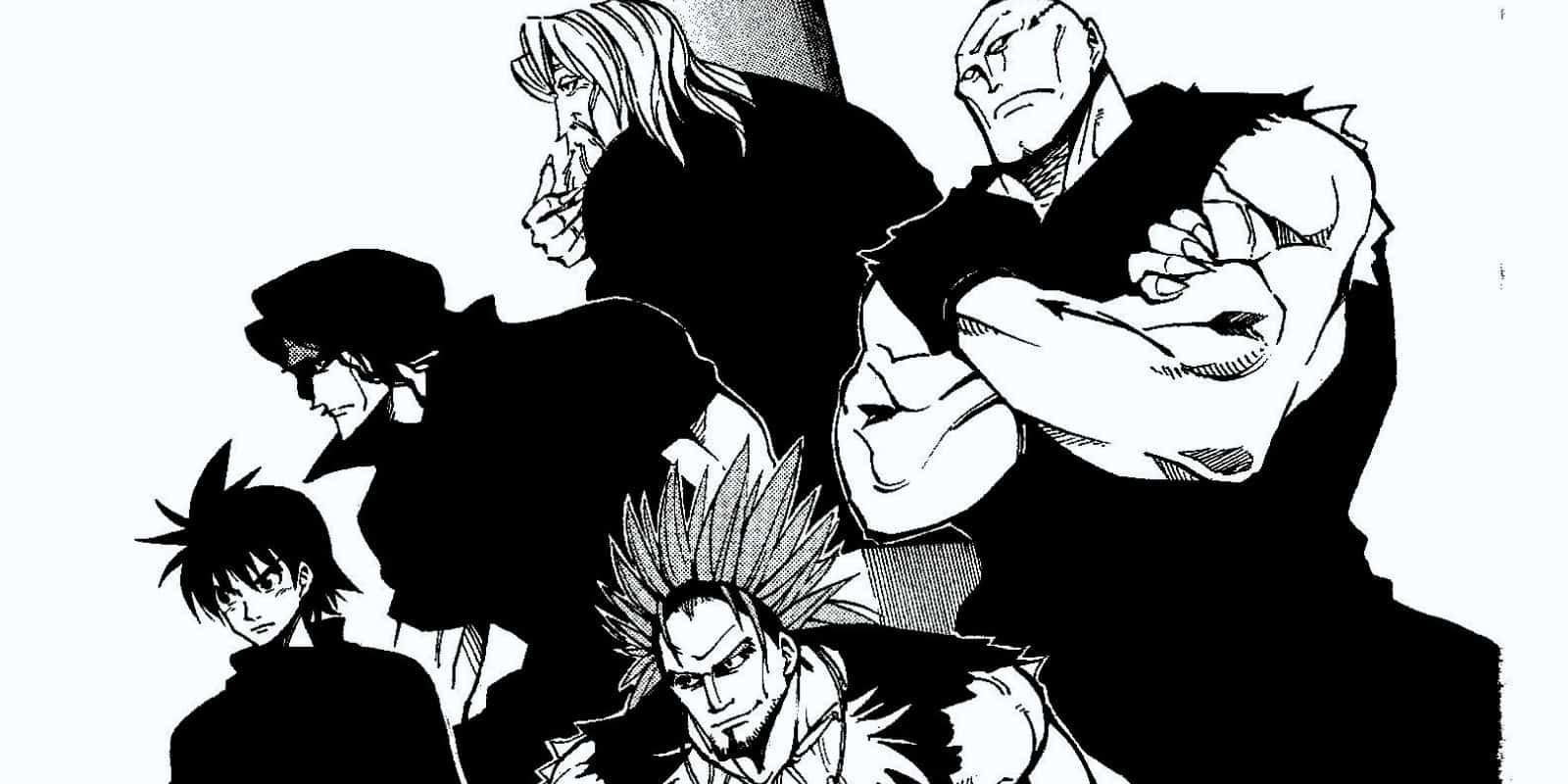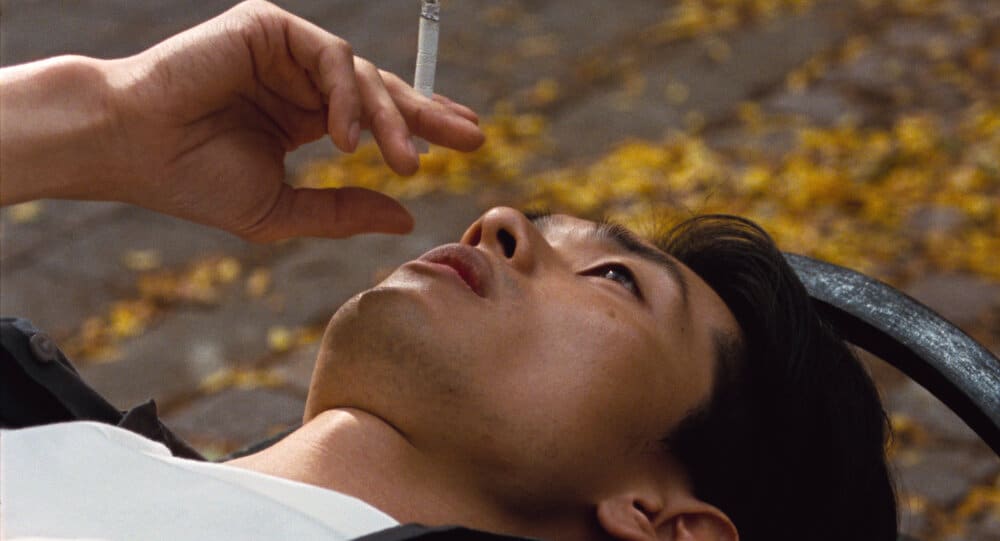“Love Letter” marks the theatrical debut of Shunji Iwai's filmmaking career, the director of such critically acclaimed pictures as “Picnic” (1996), “Swallowtail Butterfly” (1996), and “All About Lily Chou-Chou” (2001). It became an immediate hit in the Japanese box-office. Additionally, it was one of the first Japanese productions to be shown in South Korean cinemas since the end of World War II. Among its many prizes, the film won three Japanese Academy Awards in 1996.
Buy This Title
Hiroko Watanabe (Miho Nakayama) is a woman living in the city of Kobe. Two years earlier, her fiancé Itsuki Fujii (Takashi Kashiwabara) died in a mountain climbing accident. Still in depression and grief, Hiroko writes a letter to her dead fiancé and sends it to the address she found in his old high-school yearbook. However, it was the wrong Itsuki Fujii she found. The mail reaches Otaru, a northern town far away from Kobe, and the letter is received by Itsuki Fujii, a female (also played by Miho Nakayama). Soon after, Watanabe Hiroko is surprised that she received a response from her dead fiancé. In consequence, a remarkable correspondence between the two women ensues.

What “Love Letter” attempts to communicate? Well, the film is not so much about the process of overcoming grief, but rather about immersing oneself in memories of the past. Hiroko Watanabe may be the first character we are introduced to, but it is the female Itsuki Fujii who is actually the main protagonist of the story. Through her recollections, the viewers and Hiroko discover the elusive figure of male Itsuki Fujii; who he was and how he interacted with others. The fact that Miho Nakayama plays the two characters who exchange letters is not without any meaning, but this is a spoiler territory for potential viewers.
The primary advantage of “Love Letter” is the enchantingly beautiful world and its vivid characters, which Shunji Iwai carefully crafted. It should be noted that the screenplay and the subsequent novel based on the film were written by him as well. The director evidently drew a lot of inspiration from the late Krzysztof Kieślowski (“The Double Life of Veronique” (1991) and “The Three Colours Trilogy” (1993-1994)) in terms of evocative cinematography and complementing visuals with music (captivating score by Remedios). In addition, you will definitely fall in love with the snow-laden city of Otaru which served as the primary filming location. Hokkaido tourism websites even promote some of the places where the movie was shot.

In terms of performances, Miho Nakayama steals the show as Hiroko Watanabe/Itsuki Fujii. Having known her as a great J-pop singer, it is quite out of the ordinary for me to see her playing two contrasting parts almost effortlessly. However, other actors also do a fine job. Miki Sakai deserves the second highest praise as a young female Itsuki Fujii. Etsushi Toyokawa does well as Hiroko's friend, whereas Bunjaku Han and Katsuyuki Shinohara are unforgettable as female Itsuki's family.
I safely recommend this film to anyone. If you happen to stumble upon this 23-year-old gem, do not waste time and grab it! This movie is gloriously brilliant in its evocation of sentimentality and nostalgia for things long gone… Many reviewers hail “Love Letter” as the greatest romance story from Japan. To me, it is the greatest sentimental story ever told.


